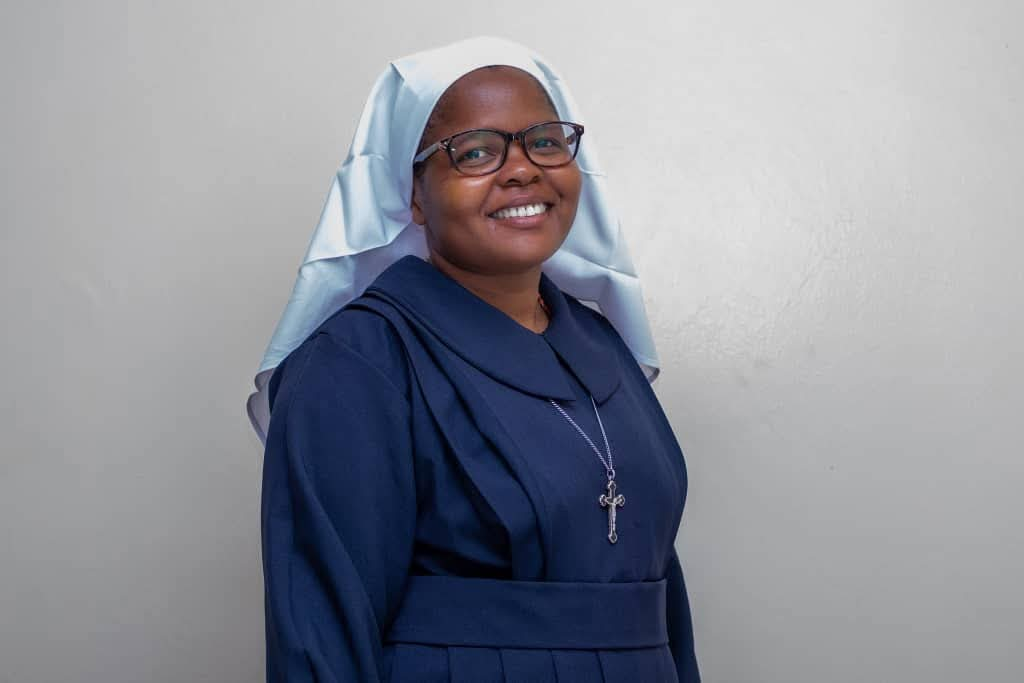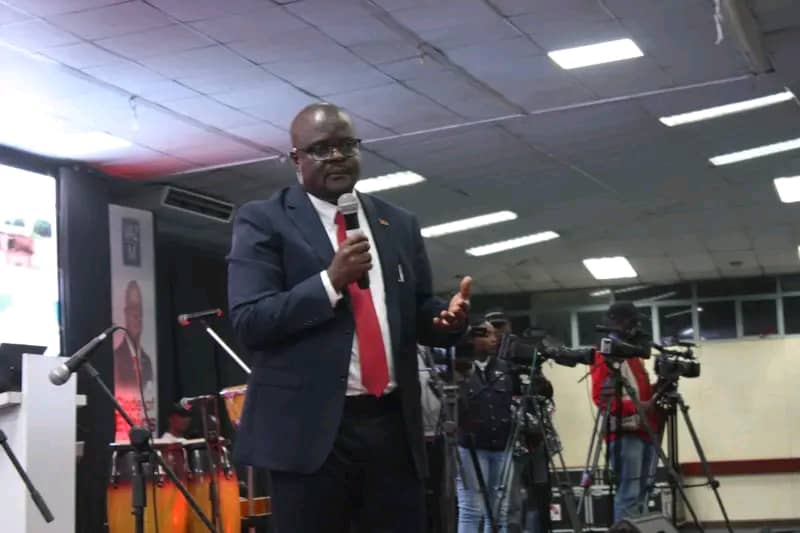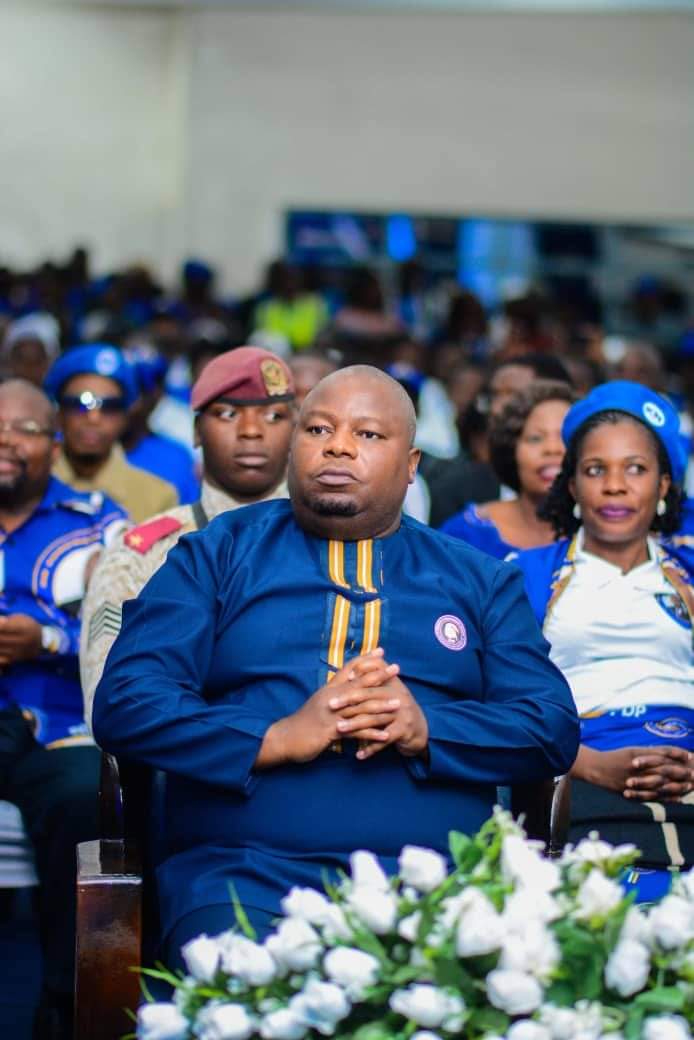By Burnett Munthali
As the world commemorates Mental Health Awareness Month, a sobering call for urgent action has been made by the All Africa Conference: Sister to Sister (AAC: SS), a leading voice in advocating for women and community wellness across the continent.
The organisation has raised alarm over the disturbing rise in suicide cases among Malawian men, which significantly surpass those of women, pointing to a deepening mental health crisis that can no longer be ignored.
In a press statement released this week, AAC: SS revealed that between January and March of this year alone, a staggering 125 men died by suicide.
This figure is nearly four times higher than the number of women who took their lives during the same period, with only 28 female suicide cases reported.
AAC: SS Country Coordinator, Sister Stivelia Macloud, expressed grave concern over this shocking trend, describing it as a sharp rise from 109 male suicide cases recorded during the same period last year.
She attributed the surge in male suicides to a range of socio-economic pressures that are weighing heavily on men across the country.
“According to police records, most of these are being fueled by debt due to high cost of living and marital disputes,” Macloud stated.
These stressors, she added, are exacerbated by deeply rooted cultural norms that discourage men from expressing vulnerability or seeking help.
The tragic consequence is a silent epidemic, where men suffer alone, masked by a societal expectation to remain stoic and unshaken in the face of adversity.
Macloud emphasized that this narrative must be urgently dismantled.
“We must begin to break the stereotypes that perceive men as strong, emotionless beings who do not need help,” she said.
She called for increased national dialogue, community engagement, and policy interventions that specifically address the unique mental health challenges facing men.
Her call echoes global conversations that highlight the gendered dimensions of mental health, where men often underreport psychological distress and are less likely to seek professional support.
Mental health experts in Malawi have long warned that the country’s mental health system is ill-equipped to deal with the growing needs of its population.
The few psychiatric professionals available are overstretched, and rural areas in particular remain grossly underserved.
In such an environment, the burden falls disproportionately on individuals and families to deal with mental health challenges—often without the tools, knowledge, or resources to do so.
The statistics revealed by AAC: SS are not just numbers—they are lives lost, families broken, and communities left in mourning.
Every suicide is a tragic story of someone who might have been saved if only the right support had been accessible or the right intervention made in time.
Beyond policy change, Macloud urged religious, traditional, and political leaders to speak openly about mental health and help combat the stigma that continues to silence many.
She also encouraged men to seek help, talk to someone, and understand that asking for help is not a sign of weakness but of strength.
The AAC: SS initiative is calling on government, NGOs, mental health professionals, and civil society to come together in crafting targeted interventions to reverse the trend.
Among their recommendations are the establishment of community mental health centres, helplines, peer support networks, and national awareness campaigns focusing on men’s mental well-being.
The world may be recognizing Mental Health Awareness Month, but for Malawi, the crisis calls for more than symbolic gestures—it demands sustained and coordinated action to save lives.
As Sister Stivelia Macloud poignantly puts it, “We cannot afford to lose more men to silence.”
If the trend is to be reversed, Malawi must prioritize mental health as a national emergency and invest in breaking the silence that is costing too many men their lives.




